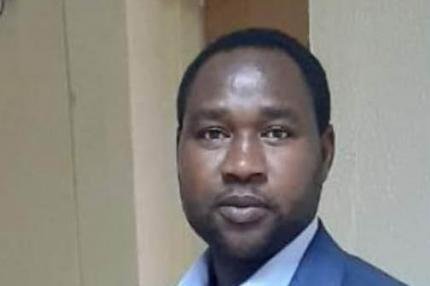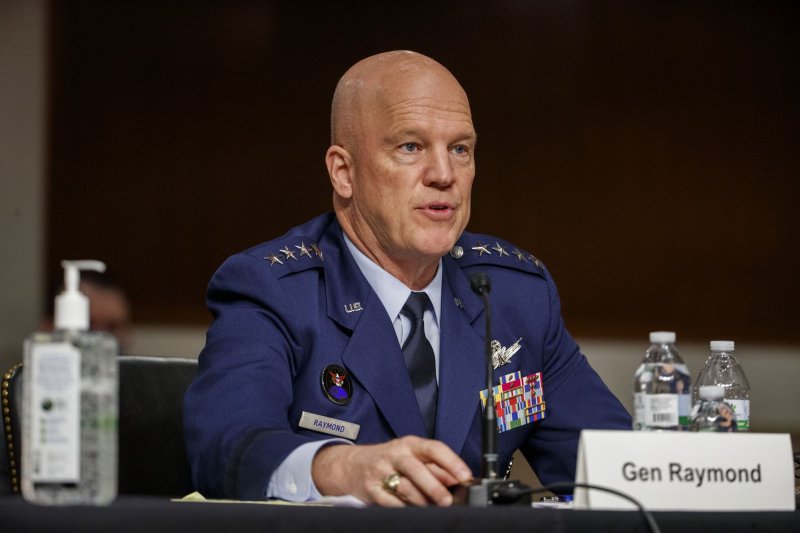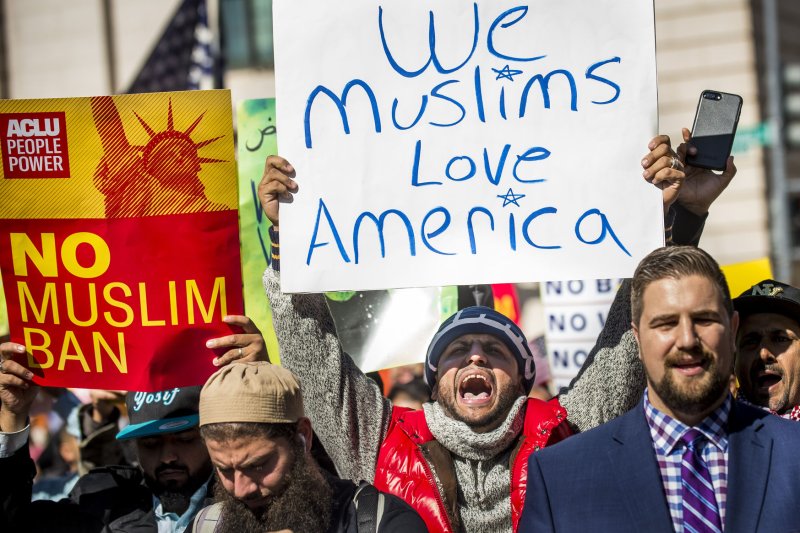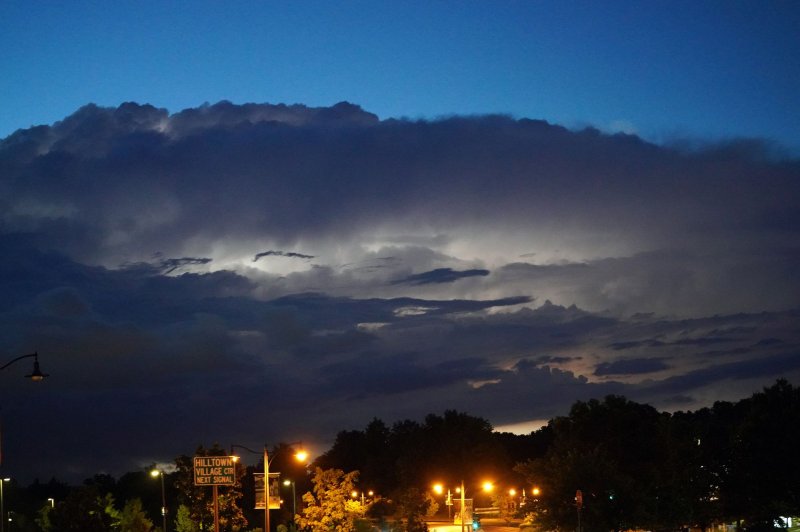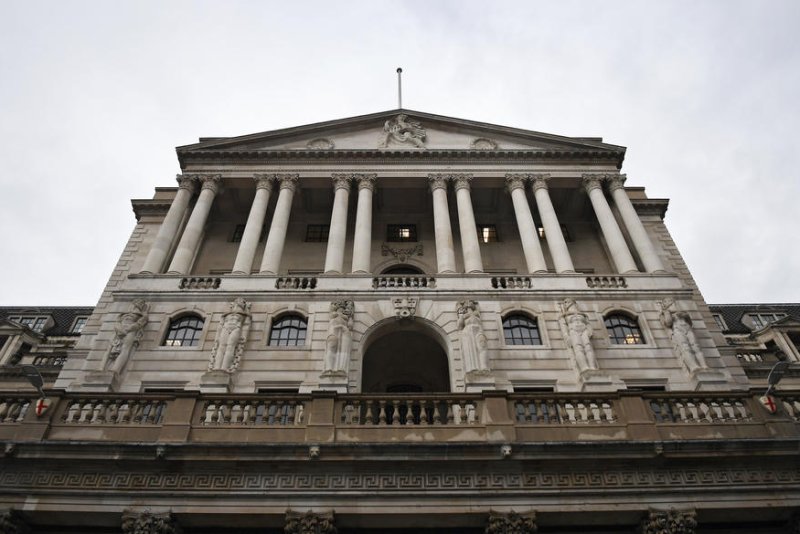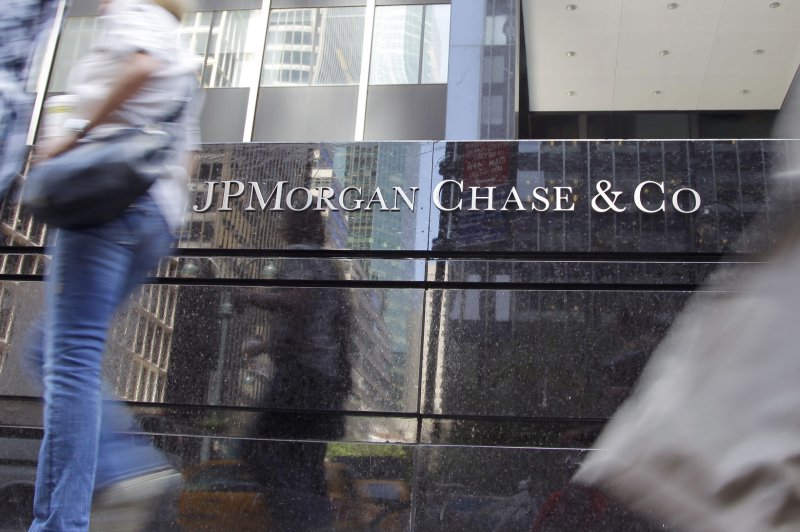
Pro-democracy demonstrators raise their hands with a three-finger protest salute, inspired by the "Hunger Games" films, during an anti-government rally at Thammasat University in Bangkok, Thailand, on Monday. Photo by Diego Azubel/EPA-EFE

Aug. 11 (UPI) -- Authorities in Thailand are warning anti-government protesters against pushing too hard for reform, as rallies grow in number amid economic hardship and dissatisfaction with the military-backed government.
The protesters' calls to limit the power of the monarchy are also being followed by quick apologies from a university, the site of the most recent rally.
Thailand's Prime Minister Prayuth Chan-ocha said Tuesday he is not happy with the calls for reforms from students and activists, as pro-government allies slammed the protests as "hurtful" to the Thai people.
"I'm monitoring every development and I'm not comfortable," Prayuth said, according to Khaosod English. "It's their right to protest, but this one has gone out of line."
On Monday night, an estimated 3,000 to 4,000 people gathered at Thammasat University outside Bangkok, chanting "Long live democracy," while urging the resignation of the prime minister, who seized power during a military coup in 2014.
The protest was marked by calls to check the power of the Thai monarchy, led by King Maha Vajiralongkorn. Local media were unable to publish the demands, citing laws in Thailand against "royal defamation."
Royalists held counter-protests on Monday outside the nation's parliament. Thailand's lawmakers condemned the Monday rally.
Sen. Suwaphan Tanyuvardhana said Tuesday the unpublished comments by activists at Thammasat hurt the rights and feelings of "tens of millions of Thai people who are loyal to the royal institution and the tradition of peaceful co-existence based on the mercy of the royal institution," the Bangkok Post reported.
Anger is growing in Thailand over the constitution, which has allowed the military to appoint 250 of the country's senators, according to Nikkei Asian Review.
THE MILITARY CONTROL THAILAND, THE GOVERNMENT IS A SOCK PUPPET,
THE THAI MILITARY HAVE CLOSE RELATIONS WITH THE BURMESE MILITARY
IN CONTROL OF MYANMAR.
Young people in Thailand are growing restless amid the economic aftermath of the global coronavirus pandemic. Unemployment climbed to 4 percent in June, up from a rate of 1 percent pre-pandemic.
RELATED Charges dropped against Thailand's Red Bull heir in deadly car crash
RED BULL GIVES YOU WINGS

A majority of respondents to a July survey have also said the Thai judicial system was unreliable, following the acquittal of Red Bull heir Vorayuth Yoovidhya of all charges in a deadly car crash in 2012, according to the report.
https://plawiuk.blogspot.com/2020/08/testing-royal-taboos-inside-thailands.html
Parallels in Fandom: Three Finger Salute; The Hunger Games In Real Life



